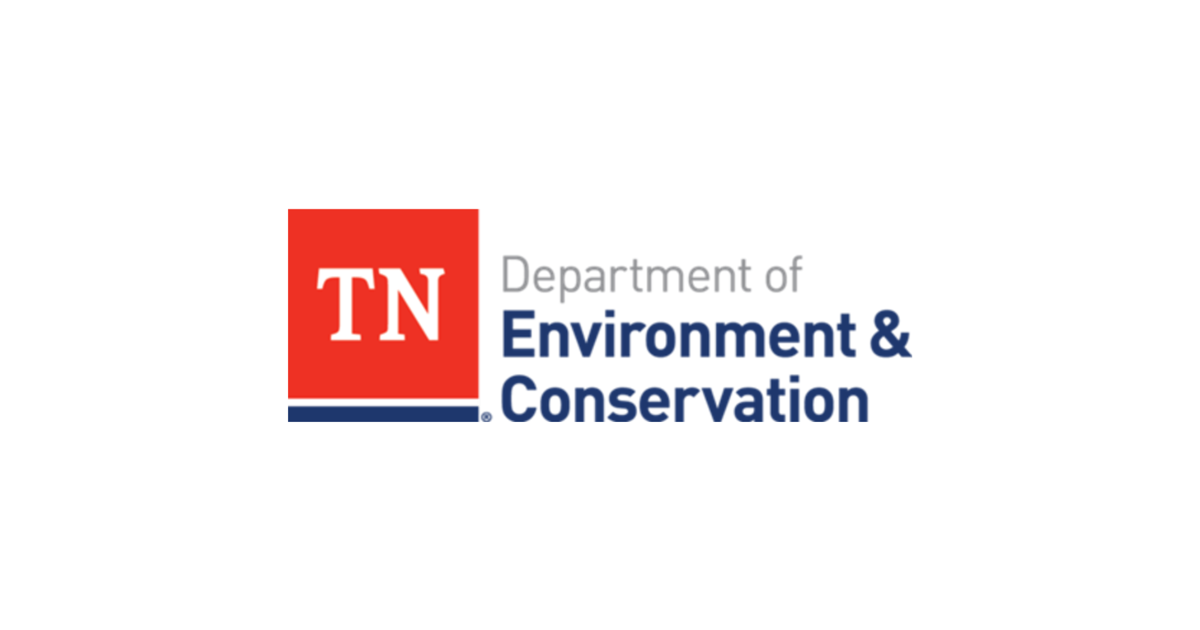Environmental Watchdog Seeks Extended Review of Domtar's Controversial Permit Bid

In a recent development, state environmental officials are seeking additional time to carefully examine Domtar's permit application for an innovative anaerobic digester project. Representatives from the Tennessee Department of Environment and Conservation have formally requested an extension to thoroughly review the technical details and potential environmental implications of the proposed facility.
The move signals the department's commitment to conducting a comprehensive assessment of the project, ensuring that all regulatory requirements are meticulously evaluated before granting final approval. Domtar's anaerobic digester represents a significant technological investment that could have important implications for waste management and sustainable industrial practices in the region.
While the specific reasons for the extension were not immediately disclosed, such requests are common in complex industrial permitting processes, where officials aim to make informed decisions that balance technological innovation with environmental protection.
